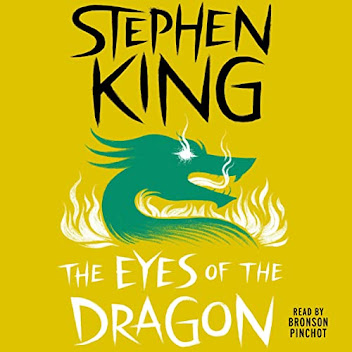The Law by Frederic Bastiat
I cannot recommend this book enough.
Originally published in 1850.
The Law is a small book on the basics of economic principles written by Frederic Bastiat (1801-1850), a French economist and member of their National Assembly. He only published works during the last 5 years of his life, which was cut short by a lingering illness.
The Law struck me as an economics version of Thomas Paine's Common Sense - a short, easy to understand book full of impassioned, clearly laid out arguments and examples that clearly demonstrate the author's arguments.
So, what is this short book The Law? I found it to be exciting, invigorating, intellectually stimulating, simple in it language and argument and every bit of a match for Thomas Paine's Common Sense. If the opening lines of the Declaration of Independence have meaning for you, if Adam Smith's Wealth of Nations makes sense to you, if you think Hayek's Road to Serfdom and Friedman's Free to Choose are relevant to the modern world make a point of reading this short book - it is powerful in its simplicity and it still has meaning 160 years after its initial publication.
I cannot recommend this book enough. 5 stars out of 5 and it can be found on Amazon.com here: The Law by Frederic Bastiat.
Note: Please make sure you get the 1950 translation - by all accounts it is superior.
Reviewed on October 16, 2010.
The Law struck me as an economics version of Thomas Paine's Common Sense - a short, easy to understand book full of impassioned, clearly laid out arguments and examples that clearly demonstrate the author's arguments.
Bastiat was a man who was not in synch with his times or his country. He grew up in Napoleonic France, a time and place that replaced the idea of individual liberty with government action for the good of the individual. Bastiat argues (and supplies plenty of examples to back his arguments) that this is a perversion of the purpose of government: "The organizers maintain that society, when left undirected, rushed headlong to its inevitable destruction because the instincts of the people are so perverse. The legislators claim to stop this suicidal course and to give it a saner direction. Apparently, then, the legislators and the organizers have received from Heaven an intelligence and virtue that place them beyond and above humankind; if so, let them show their titles to this superiority. They would be shepherds to us, their sheep. Certainly such an arrangement presupposes that they are naturally superior to the rest of us." (pp. 62-3)
Bastiat begins with a look at the origins of government. He argues, like Locke and Hobbes that governments had to have been organized to protect life and property. That is their purpose and when they stray from it, be it with protectionist schemes like tariffs or with Legal Plunder programs that "take from some persons what belongs to them, and gives it to other persons to whom it does not belong...if the law benefits one citizen at the expense of another by doing what the citizen himself cannot do with committing a crime...then abolish this law without delay, for it is not only an evil itself, but it is a fertile source for further evils...it will spread, multiply and develop into a system." (p. 21)
Bastiat would not be happy with amount of influence most modern Western governments have over the economies of their countries and the lives of their people. I can only imagine this Frenchman would be a proud supporter of the Tea Party movement - low taxes, no loopholes or special breaks for favored industries, take a hard look at all government programs and get rid of those that engage in the "Legal Plunder" that I mentioned in the previous program.
So, what is this short book The Law? I found it to be exciting, invigorating, intellectually stimulating, simple in it language and argument and every bit of a match for Thomas Paine's Common Sense. If the opening lines of the Declaration of Independence have meaning for you, if Adam Smith's Wealth of Nations makes sense to you, if you think Hayek's Road to Serfdom and Friedman's Free to Choose are relevant to the modern world make a point of reading this short book - it is powerful in its simplicity and it still has meaning 160 years after its initial publication.
I cannot recommend this book enough. 5 stars out of 5 and it can be found on Amazon.com here: The Law by Frederic Bastiat.
Note: Please make sure you get the 1950 translation - by all accounts it is superior.
Reviewed on October 16, 2010.











Comments
Post a Comment